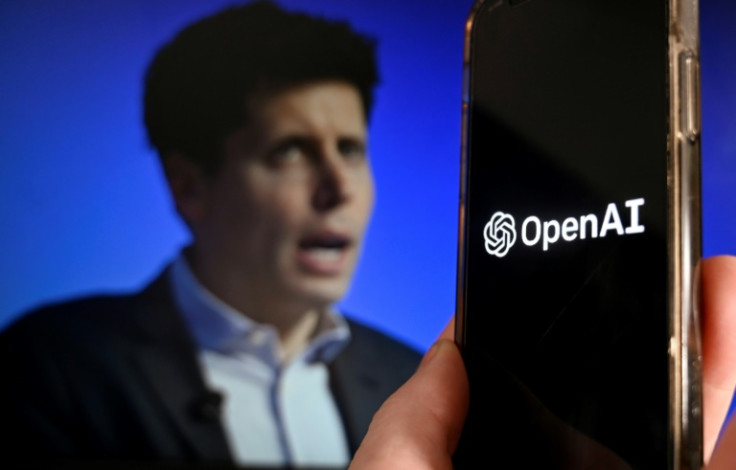OpenAI CEO Sam Altman Pursues Trillions In Investments To Revolutionize Semiconductor Industry
OpenAI CEO Sam Altman is on a mission to disrupt the global semiconductor industry, seeking trillions of dollars in investments, as reported by the Wall Street Journal.
Altman's ambitious venture aims to focus on the supply and demand imbalance of AI chips, which has hampered OpenAI's growth and the overall advancement of artificial intelligence (AI) technology.

The project, which Altman is discussing with various investors, including the government of the United Arab Emirates, plan to substantially increase global chip-building capacity. Altman could need to raise between $5 trillion and $7 trillion for the execution, according to sources cited by WSJ.
This initiative comes as a response to the booming demand for AI chips, driven by companies like OpenAI, Alphabet, Meta, and others, which rely on these chips to power large language models. The Semiconductor Industry Association (SIA) has forecast a 13.1% jump in global chip sales to $595.3 billion in 2024.
Currently, Nvidia rules the AI chip market, controlling about 80% of it with a market cap nearing $1.72 trillion. Altman's action targets to disrupt this market dominance and reshape the industry landscape. It is driven by the recognition that the current restrictions on chip supply pose serious obstacles to the growth and development of AI technology.
The genesis of this ambitious initiative can be tracked back to OpenAI's success with ChatGPT, a text-based interaction model that garnered over 100 million weekly active users and widespread adoption by Fortune 500 companies. Altman's vision for democratizing access to AI technology has been a driving factor behind OpenAI's initiatives.
The timing of this announcement also coincides with Google's recent rebranding of its AI models under the name Gemini, instigating a broader trend of innovation and investment in the AI sector. Altman's ambitious plan signifies the growing importance of AI technology in shaping the future of industries worldwide.
While Altman's initiative faces many challenges, including the overwhelming task of raising trillions of dollars and addressing energy consumption concerns, it displays a bold step towards revolutionizing the semiconductor industry and accelerating the pace of AI innovation.
© Copyright IBTimes 2025. All rights reserved.






















